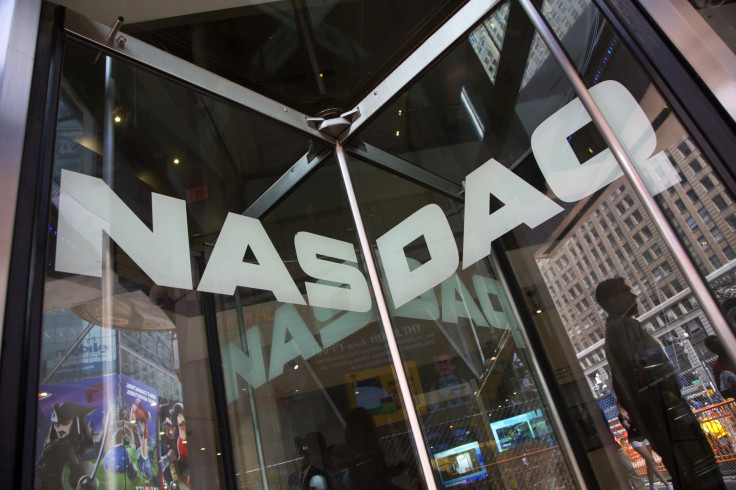US Stock Futures Point To Higher Open After Strong China Exports Data

U.S. stock index futures suggest a higher opening to markets on Monday, after economic data from China over the weekend suggested resilient growth in the world’s second-largest economy and strengthening demand in the U.S. and other markets, while investors brace themselves for this week’s vote in the U.S. Congress on military action against Syria.
Futures on the Dow Jones Industrial Average were up 0.21 percent, while futures on the Standard & Poor's 500 Index were up 0.21 percent and those on the Nasdaq 100 Index were up 0.47 percent.
The conflict in Syria is one reason “why the next 30 days or so could be noisy,” Terry Sandven, chief equity strategist at U.S. Bank Wealth Management, told Market Watch. “There’s a history of working through these challenges,” he said, adding that the financial market may follow a sideways trend in September before they make another move up.
Investors will also be keeping an eye on the Conference Board Employment Trends Index and the Federal Reserve’s consumer credit data on Monday. Analysts expect consumer credit to drop to $12.5 billion in July against an increase to $13.8 billion reported in June.
In Europe, markets traded lower on Monday, led by a fall in oil stocks, which fell due to a decline in oil prices. The price of Brent crude for October delivery was down by 0.6 percent at $115.42 a barrel.
Investor confidence in the euro zone for September improved to the highest level since May 2011, according to the Sentix Investor Confidence survey, which shows market opinion about the current economic situation. Sentix said its index improved to 6.5 in September from a reading of -4.9 in August and above analysts’ expectations of -2.8.
The Stoxx Europe 600 index fell 0.3 percent, London’s FTSE 100 dropped 0.40 percent, Germany's DAX-30 was up 1.24 percent and France's CAC-40 was down 0.39 percent. Investors also will be keeping an eye on Greece’s industrial production data and consumer price index data due on Monday.
In Asia, most markets surged, riding on a strong showing by China’s economy and Japan’s winning bid to host the 2020 Olympics, bringing cheer to construction, real estate and sports goods companies.
China’s exports grew in August, beating expectations and at the rate of 7.2 percent, on a yearly basis. The figure, which was significantly higher than analysts’ consensus of 5.5 percent for the month, and also higher than July's 5.1 percent rise, indicated that China is steadily recovering from the slump it was in earlier this year.
Data released on Monday showed that China’s consumer price index rose 2.6 percent, on a yearly basis, in August, in line with expectations and marginally lower than July's 2.7 percent rise.
Expansion of Japan’s gross domestic product in the second quarter was upwardly revised, on Monday, to 0.9 percent from an initial estimate 0.6 percent, translating into an annualized growth of 3.8 percent. Consumer confidence index released by Japan’s cabinet office showed a marginal dip to hit 43.0 in August compared to 43.6 in July.
Japan’s Nikkei ended up 2.49 percent while Australia’s S&P/ASX 200 rose 0.71 percent. In China, the Shanghai Composite index rallied to gain 3.39 percent on close, while Hong Kong’s Hang Seng Index gained 0.57 percent. South Korea’s KOSPI Composite index was up 0.99 percent. Markets in India were closed for a holiday.
© Copyright IBTimes 2024. All rights reserved.






















